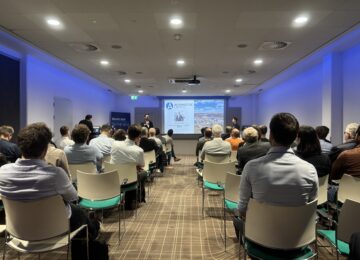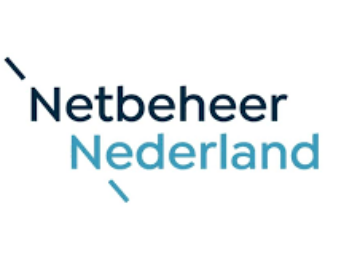Priority projects that contribute to congestion mitigation
Regulator ACM wants to allow network operators to give priority in the queue to applications that serve a "major public interest. The ACM defines a major public interest as parties that can contribute to, for example, congestion mitigation, safety or sustainability. The ACM recently published a draft code decision for this purpose.
Currently, grid operators are required to process all applications in order of receipt, also known as first-come-first-serve. This approach currently results in long queues. The ACM sees merit in prioritizing certain applications because of the weighty importance these projects have on society and energy transition.
In doing so, the ACM distinguishes between four categories. The first category, with the highest priority, are congestion relievers, or ""a party for which the grid operator determines, on the basis of a binding contract concluded between the grid operator and the party in question, that the allocation of transport capacity to this party will result in transport space becoming available on the grid." The remaining categories are parties that serve the interests of security (think police, emergency services, etc.), provide for a certain basic need (housing, education, etc.) and contribute to sustainability (both production and demand).
Based on the draft code decision, Energy Storage NL sees opportunities for energy storage projects to be connected sooner. However, these projects must be able to demonstrate that they will contribute to reducing grid congestion. To determine this, ESNL expects that the desired locations and connection conditions for energy storage will be taken into account. ESNL insists on providing market parties with sufficient certainty to make energy storage projects fundable. ESNL is discussing this with both the ACM and the grid operators.





